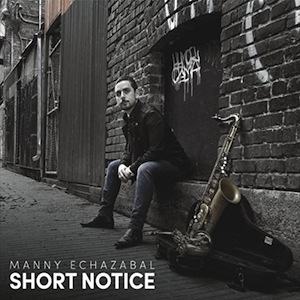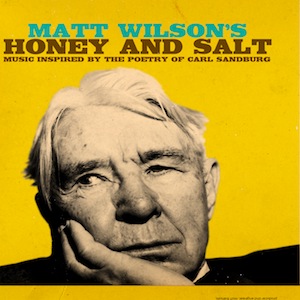Label/Year: FPE Records, 2017
Lineup – Nicole Mitchell: flute, electronics; Kojiro Umezaki: shakuhachi; Alex Wing: guitar; Tomeka Reid: cello; Renée Baker: violin; Avery R. Young: vocals; Tatsu Aoki: bass, shamisen, taiko; Jovia Armstrong: percussion.
With her stupendous new album Mandorla Awakening II: Emerging Worlds, recorded live at the Museum of Contemporary Arts in Chicago in 2015, American flutist/composer Nicole Mitchell assumes a prominent position in the most adventurous flank of the modern jazz.
In order to explore unfamiliar regions, Mitchell gathers a flexible band whose most of its members play multiple instruments, widening the musical possibilities of an eclectic journey that feels transformative and innovative in many ways.
When I first heard the abrasive compound of low-toned bass drones and percussive chops that launches "Egoes War” into the air, I couldn’t imagine how much I would enjoy the uncanny groove that kept sustaining the acid strokes of Alex Wing on the electric guitar. The flutes of Mitchell and Kojiro Umezaki connect and create murmuring rants, triggering a hypnotic oddity that breathes both suburban pollution and the fresh scents of a distant, untouched forest.
Starting to flow at an inviting 5/4 tempo, “Dance of Many Hands” sweeps you up with the counterpoint created by flutes and violin that dance over a repetitive guitar motif. After a massive percussion invasion, both flutes embark on unison phrases, this time having a sluggish 3/4 cello ostinato created by Tomeka Reid underneath. The cellist concludes the piece with a solo trip.
The band grasps a more regular beat and simpler groove for “Listening Embrace”, a composition that invites to a meditation before entering in a contrasting rhythm propelled by Jovia Armstrong’s percussion and Tatsu Aoki’s shamisen. The exotic dynamics provide the propitious setting for multiple improvisations.
“Forestwall Timewalk”, a zany shamanic experience, is shaped through heavy drumming, rough guitar strokes with varied pitches and intensities, and woodwind unisons. A radical mutation occurs by the end, when a brief stylish passage jumps ahead, arising a spiral of euphoric, noisy whirls.
On the R&B/blues-tinged “Staircase Struggle”, the multi-disciplinary artist and poet, Avery R. Young, sings: ‘we keep on doing the same thing, over and over again’, which definitely doesn’t happen on this record. He also vocalizes “Shiny Divider” with might and main, a protesting song steeped in the soul music, and the closing piece “Timewrap”, an unorthodox funk.
Mandorla Awakening II happens to be Nicole Mitchell’s boldest record in years as it pushes the vanguard jazz to edgier extremes. You may think of it as a mystic, electrifying version of The Art Ensemble of Chicago, where the absence of barriers allows a pacific coexistence between the modern and the ancient, the rhetoric and the philosophical, the euphony and the dissonance…
Grade A
Favorite Tracks:
01 – Egoes War ► 05 – Forestwall Timewalk ► 06 – Listening Embrace








































